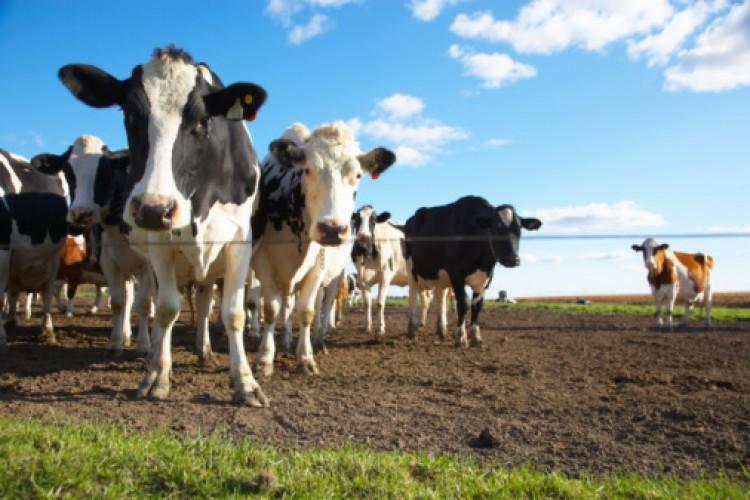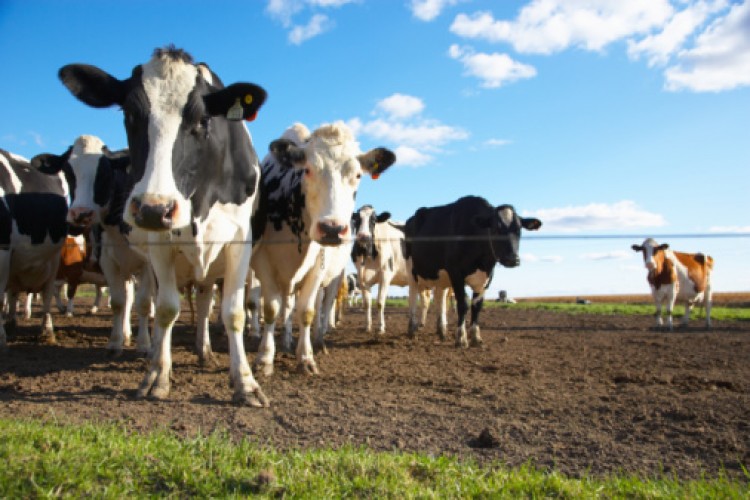A new strain of methicillin-resistant Staphylococcus aureus (MRSA) has been discovered in cows and humans in the United Kingdom and Denmark. The findings were published online in The Lancet Infectious Diseases journal on June 3.
The team of researchers, led by Mark Holmes of Cambridge University, discovered the new strain in bulk milk by accident when studying cases of mastitis, a disease affecting dairy cows which is typically caused by Staphylococcus aureus.
Dairy products should not pose a safety risk. “Drinking milk or eating meat is not a health issue, as long as the milk is pasteurized,” said Holmes at a press conference, according to AFP.
Farmers and others who work with animals, however, could be at risk for being MRSA carriers. “Workers on dairy farms may be at higher risk of carrying MRSA, but we do not yet know if this translates into a higher risk of infection,” said Laura Garcia-Alvarez, co-author of the study, at the conference.
MRSA is a type of bacteria that invades the human body through cutaneous wounds. The symptoms of infection can range from skin abscesses and fever to more serious systemic consequences or death.
Previously known strains of MRSA have a gene known as mecA, which confers resistance to antibacterial drugs in the penicillin and cephalosporin families.
The new strain tested negative for known versions of mecA. Instead, the researchers found a version of the gene that differed significantly from the normal sequence.
The main concern at this point is that current diagnostic tests would therefore not pick up on the presence of MRSA and might lead to inadequate or inappropriate medical treatment.
The team of researchers, led by Mark Holmes of Cambridge University, discovered the new strain in bulk milk by accident when studying cases of mastitis, a disease affecting dairy cows which is typically caused by Staphylococcus aureus.
Dairy products should not pose a safety risk. “Drinking milk or eating meat is not a health issue, as long as the milk is pasteurized,” said Holmes at a press conference, according to AFP.
Farmers and others who work with animals, however, could be at risk for being MRSA carriers. “Workers on dairy farms may be at higher risk of carrying MRSA, but we do not yet know if this translates into a higher risk of infection,” said Laura Garcia-Alvarez, co-author of the study, at the conference.
MRSA is a type of bacteria that invades the human body through cutaneous wounds. The symptoms of infection can range from skin abscesses and fever to more serious systemic consequences or death.
Previously known strains of MRSA have a gene known as mecA, which confers resistance to antibacterial drugs in the penicillin and cephalosporin families.
The new strain tested negative for known versions of mecA. Instead, the researchers found a version of the gene that differed significantly from the normal sequence.
The main concern at this point is that current diagnostic tests would therefore not pick up on the presence of MRSA and might lead to inadequate or inappropriate medical treatment.






